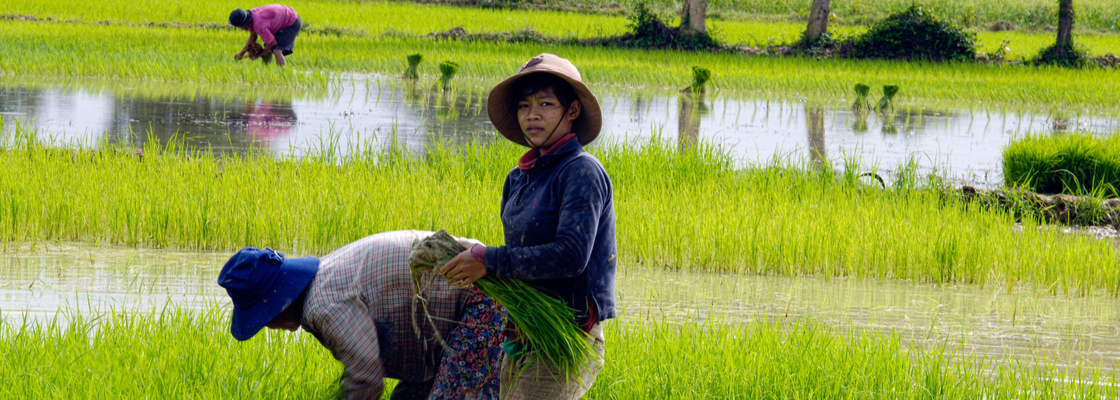One year after the launch of the Local Capacity Strengthening (LCS) Policy, USAID is excited to host the first annual Learning and Feedback Forum, which will take place virtually over six days between Tuesday, October 10, 2023 and Thursday, October 19, 2023. The Forum will help inform the direction of Policy implementation for the coming year and consists of 11 virtual one-hour sessions that are open to the public and USAID staff. View the full schedule and register here. Note the sector-specific session on Resilience, Environment, and Food Security on October 12 at 9 a.m. ET. Participants will have the opportunity to join constructive and transparent policy implementation discussions about how the LCS Policy is (or is not) affecting locally-led development in land and resource governance. Additionally, participants will learn about evidence-based guidance and resources to help ensure locally-led development is contributing to strengthening land tenure and property rights worldwide. For questions, e-mail LCSPolicyComments@usaid.gov.
First Annual Local Capacity Strengthening (LCS) Policy Learning and Feedback Forum
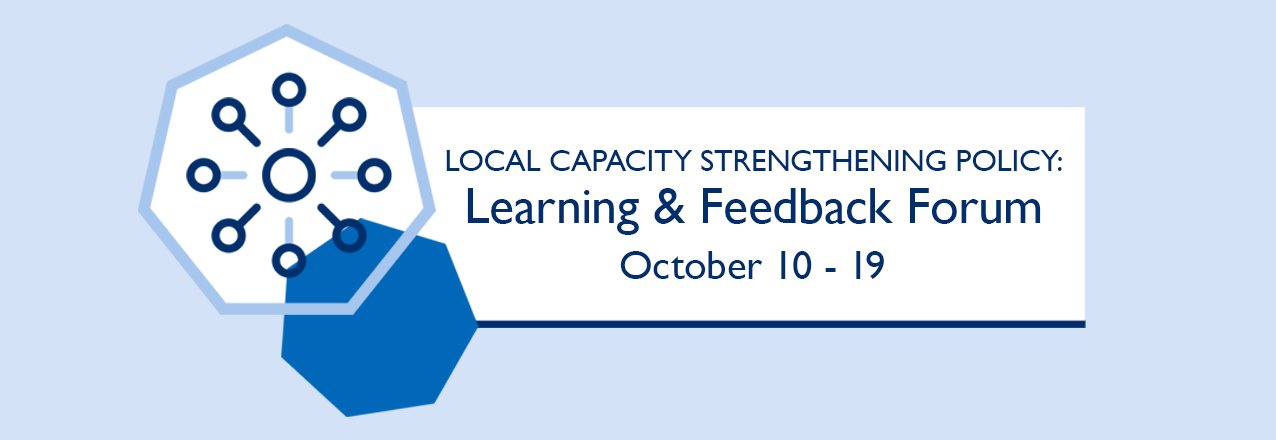


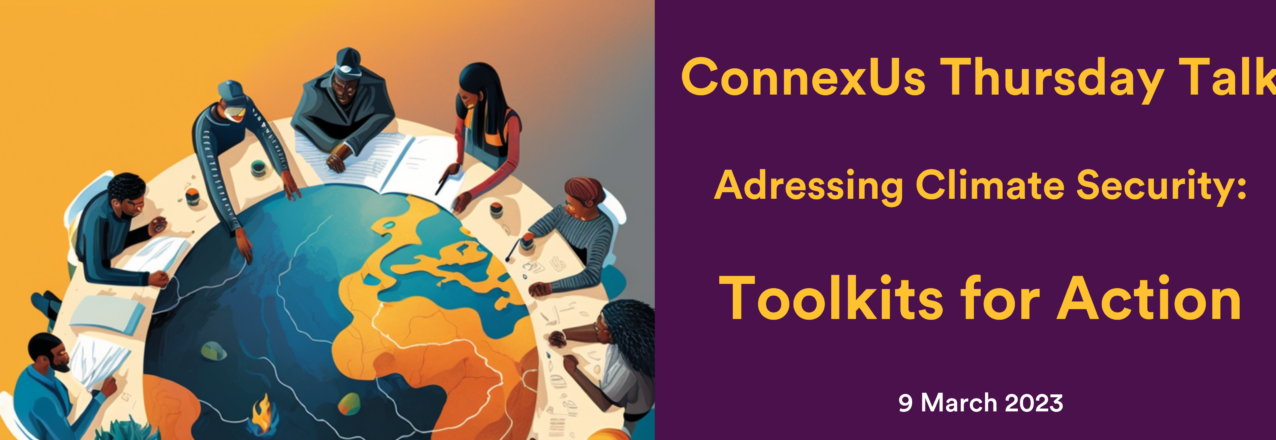
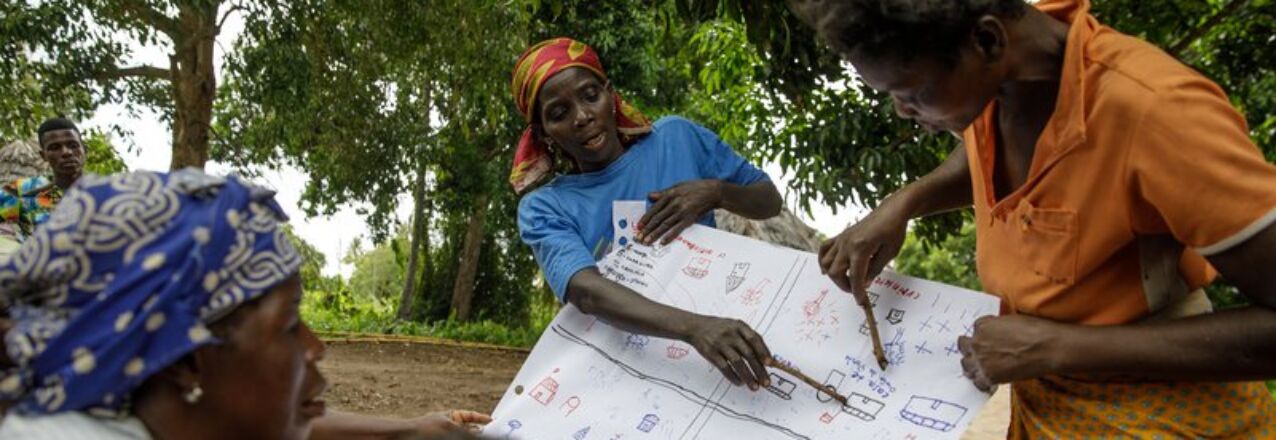
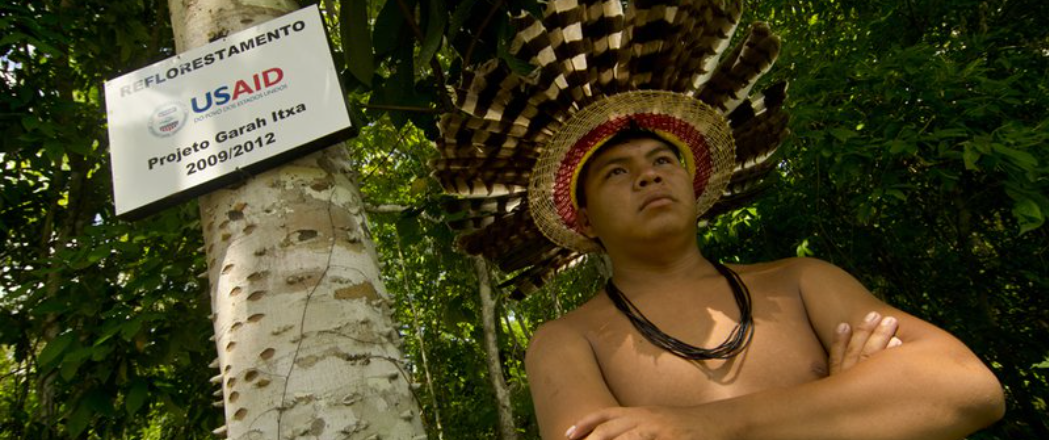
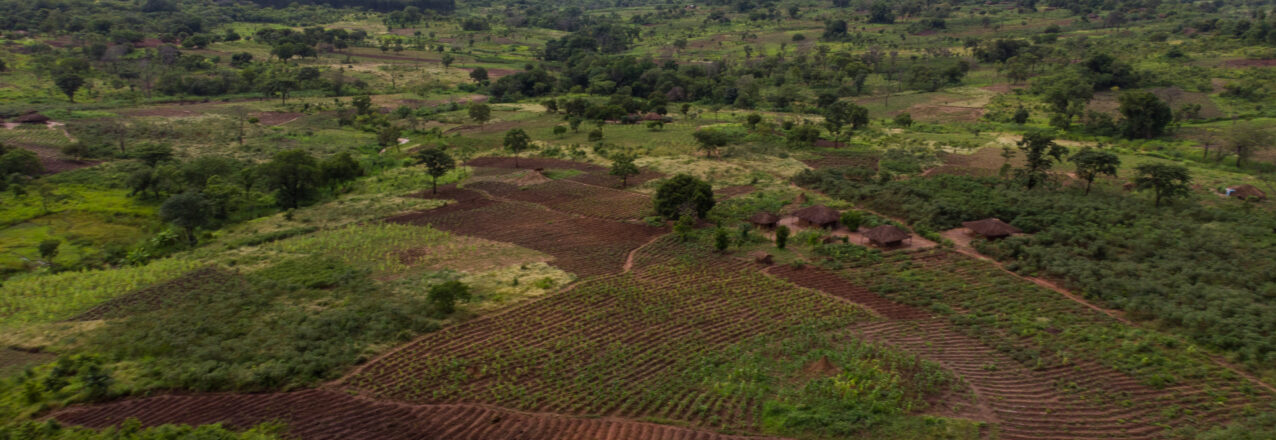

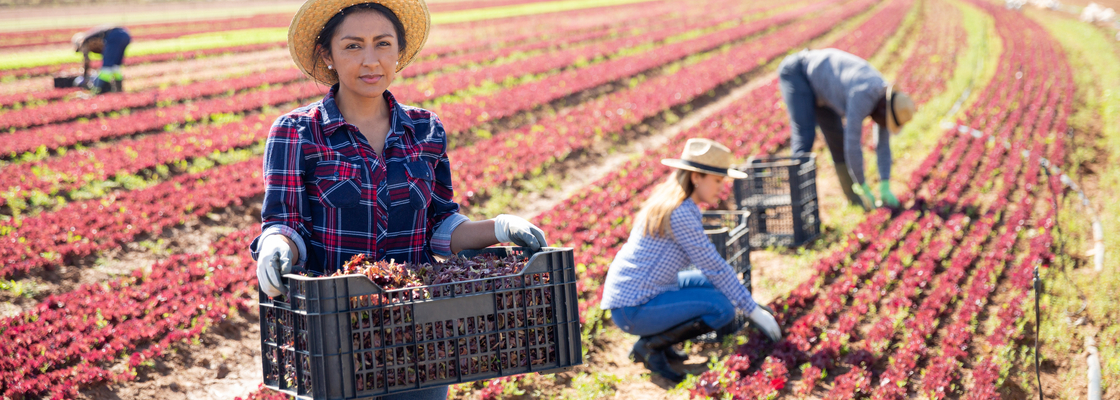
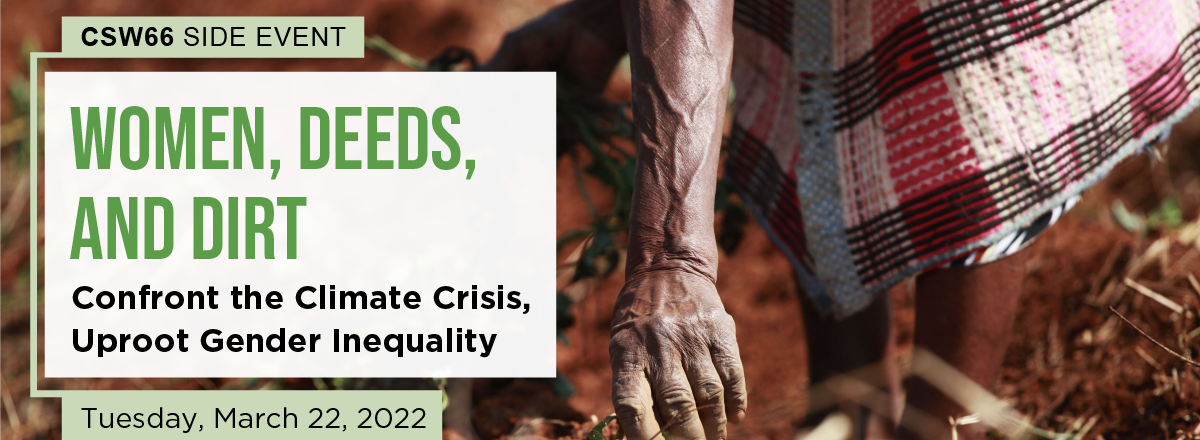
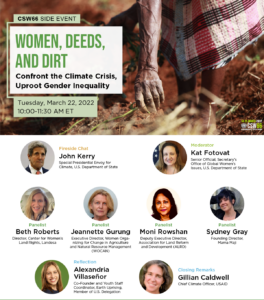 This event on March 22, 2022 examined the intersection of women’s land rights, sustainable land use, and the climate crisis by: highlighting the connection between gender-sensitive land rights reforms and climate change mitigation and adaptation, and discussing sustainable land use strategies related to women’s skills and knowledge, such as in water and agriculture.
This event on March 22, 2022 examined the intersection of women’s land rights, sustainable land use, and the climate crisis by: highlighting the connection between gender-sensitive land rights reforms and climate change mitigation and adaptation, and discussing sustainable land use strategies related to women’s skills and knowledge, such as in water and agriculture.